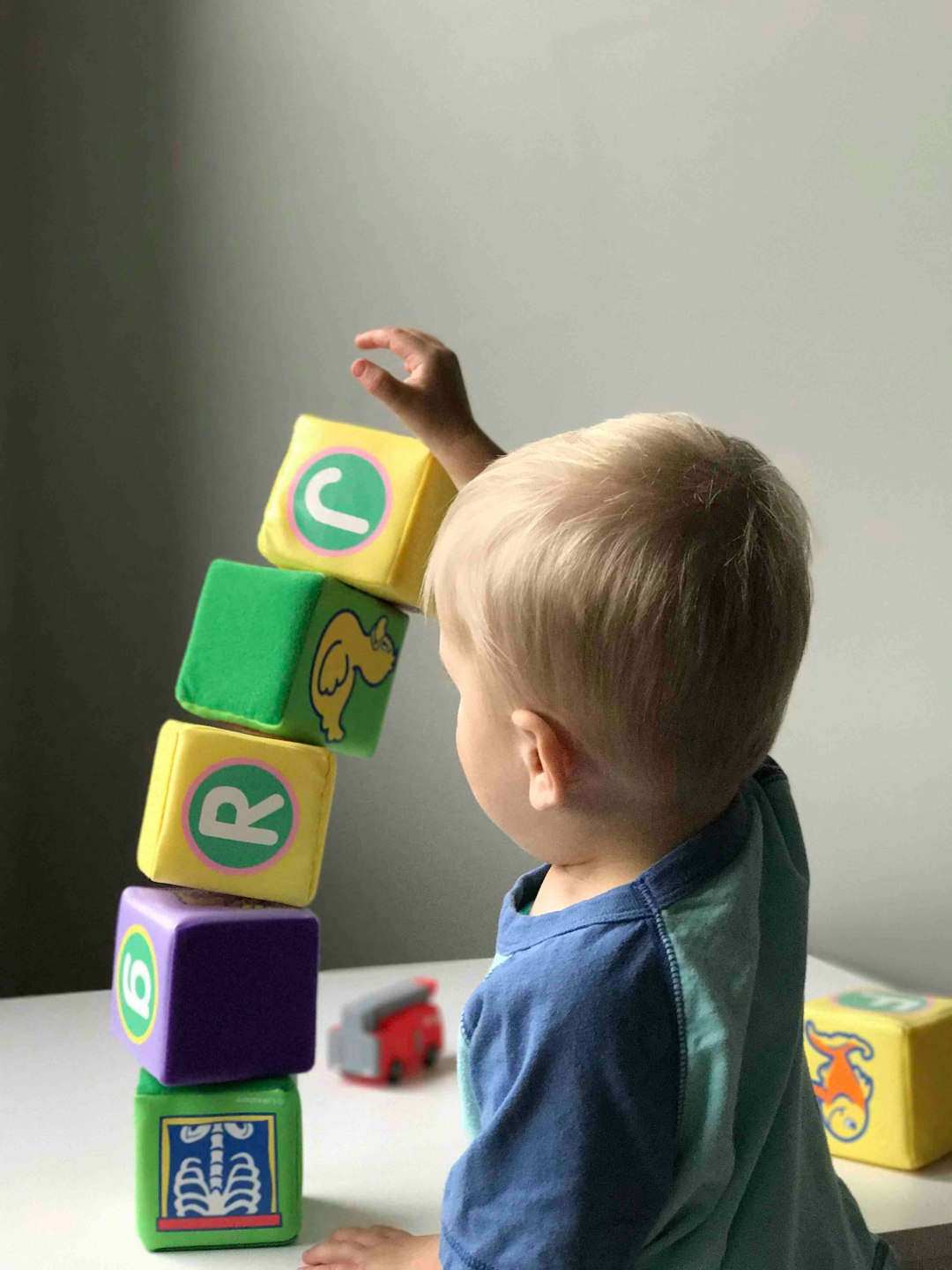It’s probably hard to believe that you have a six month old baby, but somehow you are there. Gone are the days of newborn babies and days of sitting ready for solids, how you got so tall.
Your baby will grow and change a lot this month, as will his sleep. Thanks to all the exciting new changes your baby is going through this month, their sleep might change as well, but in a totally positive way. Your baby will settle into more regular sleep patterns and is able to both sleep longer at the same time and calm down for the times when he or she wakes up at night with you. It’s a whole new world (at six months!), Parents!
For a thing that is as small, baby girls definitely can spend on their own! Even the most common birth can come with a significant cost however Paydaynow is here to assist in much simpler way. Baby loans are special kind of medical loan which can assist in covering the expenses associated with a an actual hospital birth, which is over what insurance may provide.
How Much Sleep Does a Six Month Old Baby Need?
According to the American Academy of Sleep Medicine, babies under one year old should sleep between 12 and 16 hours per 24 hours. The Journal of Nature and Science of Sleep also adds that more often than not, a six-month-old baby’s sleep averages 13 to 14 hours per day. However, all babies are different and some six month olds may still need those extra few hours of sleep! Rachel Mitchell, certified pediatric and maternal sleep consultant and founder of My Sweet Sleeper, also confirms that babies at six months will start to shrink. how much sleep they need.
There’s a lot going on with your baby at six months, Mitchell says. “This is usually the stage where your little one will officially transition to three naps, and their daytime sleep naturally begins to consolidate.”
She also adds that some babies may still need more sleep at this point, and that’s okay, what’s important is to follow your baby’s own sleep cues and support their individual development. , instead of sticking to a rigid schedule. At this point, ideally, your baby is still sleeping between 3 / 3.5 and 4 hours of sleep per day, or a little more if your baby is what we call a ‘high sleep need baby,’ he explains. (Serious question: Can a mother be considered to have a “high need for sleep” because if so, then I am.)
But speaking of schedules, knowing the ideal sleep schedule for your six-month-old baby can be extremely helpful. It can help you know how long your baby needs to stay awake between naps, when to naps, and what the ideal bedtime will be like. Because babies can all be so different and change so much at this age, having a customizable sleep schedule can be a game-changer, so here’s one that Mitchell suggests parents can look at.
6 month old baby sleep program
The most important change Mitchell says parents should be aware of is that a six-month-old baby has the ability to sleep longer, which is an extremely exciting stage. She also notes that babies can probably start to self-soothe on their own, so you can start experimenting by letting them explore certain methods (safe, of course!)
Wake up the windows for a six month old
At six months, Mitchell notes that your approach to waking up windows for your baby should change a bit.
At this point, you should still follow the waking windows to a daytime schedule and your baby may be ready to extend the waking windows slightly to 2-3 hours, she explains.
Keeping track of your baby’s waking hours means you’ll also schedule their daytime naps accordingly. Just like last month, you’ll want to reduce the amount of time your baby naps during the day. For example, you should try to schedule your baby’s first two naps between 1.5 and 2 hours and their last nap between 45 minutes and 1 hour.
The last nap of the day at this point really should only be a bridge to bedtime, which is ideally between 7pm and 8pm, Mitchell adds.
Tips for sleeping babies
Biggest tip for sleeping babies at six months? Introducing solid foods may just help your little one sleep better.
Mitchell points out that a strong growth spurt often occurs during this time, which could lead to trouble sleeping if their nutritional needs are not met. Solids during the day can help close this gap as your baby grows and she also adds that a temporary nighttime awakening to a feed is also normal.
“This is the age that I recommend to gradually start to introduce solids, and you may notice that your baby is hungrier than usual at this point, which may be due to a growth spurt that is taking place. often produced around this time, she explains. “If you’ve ever given up on the night feed, but notice your baby suddenly wakes up and needs a feed, know that you can bring him back temporarily.”

